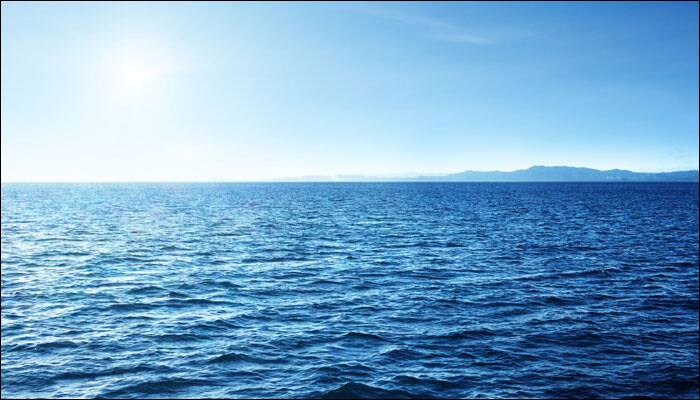New York: Climate change and global warming are two phenomenon that are under constant worldwide scrutiny and have scientists, environmentalists and conservationists extremely worried.
The impact of climate change is extremely evident and the entire world is disturbed about how it will affect our future. In a nutshell, it doesn't look good.
The oceans of the world are, unfortunately, bearing the brunt of the effects of warming. Now, one of the strongest ocean currents in the world – the Agulhas Current – belonging to the Indian Ocean has scientists worried.
Why? Well, according to a study, the current is growing wider rather than strengthening, which will have significant implications for global climate change.
The findings suggest that intensifying winds in the region may be increasing the turbulence of the current, rather than increasing its flow rate.
“To find decades of broadening, rather than intensification, profoundly impacts our understanding of the Agulhas Current and its future role in climate change,” said study co-author Shane Elipot of the University of Miami’s Rosenstiel School of Marine and Atmospheric Science in the US.
The Agulhas Current flows along the east coast of South Africa, transporting warm, salty water away from the tropics toward the poles.
“Increased eddying and meandering could act to decrease poleward heat transport, while increasing coastal upwelling and the exchange of pollutants and larvae across the current from the coast to the open ocean,” Elipot said.
The Agulhas, which is hundreds of kilometres long and over 2,000-metres deep, transports large amounts of ocean heat and is considered to have an influence not only on the regional climate of Africa, but on global climate as part of the ocean’s global overturning circulation.
“Changes in western boundary currents could exacerbate or mitigate future climate change,” lead author of the study Lisa Beal, also a professor at the Rosenstiel School noted.
“Currently, western boundary current regions are warming at three times the rate of the rest of the world ocean and our research suggests this may be related to a broadening of these current systems,” Beal said.
(With IANS inputs)
















